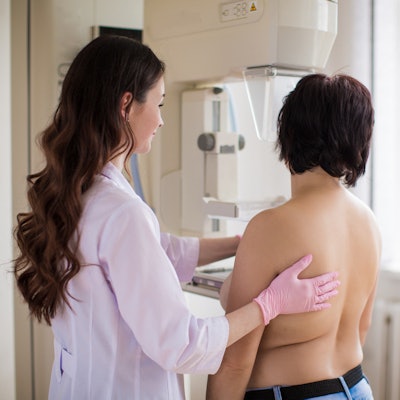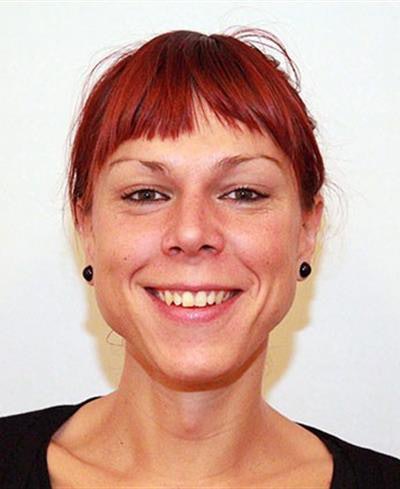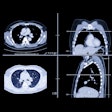
Women who have a false-positive result on a screening mammography exam have twice the risk of being diagnosed with a screen-detected or interval breast cancer later compared with women with a negative result, according to a Spanish-led study published on 19 December in the British Journal of Cancer.
This elevated risk persists for more than a decade, and women who experience a second false-positive mammography result have a fourfold increase in risk, wrote a team led by Dr. Marta Román of Hospital del Mar Medical Research Institute in Barcelona.
 Marta Román, PhD.
Marta Román, PhD."Women with mammographic abnormalities leading to a false-positive result have a biological susceptibility to develop future breast cancer," the group wrote.
The study findings suggest that false positives should be considered as part of a woman's personalized screening strategy -- especially since they are common, affecting 1 in 5 women between the ages of 50 and 69 who undergo regular mammography screening.
"Since false-positive results affect a large number of screened women, the outcome of previous screening participation should be considered in risk prediction models aimed at personalizing breast cancer screening strategies based on women's individual breast cancer risk," Román and colleagues wrote.
Risk assessment
To assess whether false-positive screening results influence the risk of breast cancer, the group analyzed data from three population-based European screening programs from Denmark, Norway, and Spain. Most European countries invite women between the ages of 50 and 69 to screening mammography every two years, Román and colleagues noted.
The study included the following numbers of screened women in this age range from these three countries:
- 75,513 from Denmark (1991 to 2010)
- 556,640 from Norway (1996 to 2008)
- 517,314 from Spain (1994 to 2010)
The researchers defined a false-positive screening result as a "recall for further assessment without a cancer diagnosis, regardless of procedures performed," such as additional imaging or biopsies with benign outcomes. Interval cancer was defined as a "breast cancer diagnosed after a negative screening or after a false-positive screening" before the next scheduled screening.
During follow-up, 1,149,467 women underwent 3,510,450 screening exams, resulting in the diagnosis of 10,623 screen-detected and 5,700 interval cancers. Compared with women with negative tests, those with false-positive results had a twofold increased risk of both screen-detected and interval cancers; those with a second false positive result had a fourfold increased risk. These women remained at elevated risk for 12 years after the initial false-positive result.
"We know from previous studies that women with false-positive results are at an increased risk of breast cancer," Román told AuntMinnieEurope.com. "But what is new in these findings is that the risk increased equally for screen-detected and interval breast cancer, that it stayed elevated for over a decade, and that it increased fourfold after a second false-positive result."
| Increased risk of breast cancer after false-positive screening exams | |||
| Negative result | False-positive result | Second false-positive result | |
| Screen-detected cancer | -- | 2.04 | 4.71 |
| Interval breast cancer | -- | 2.18 | 4.22 |
Track closely
The study findings suggest that it might be advisable to inform women with false-positive results about their specific increased risk for screen-detected and interval breast cancer, and this subgroup of women may be candidates for more intensive screening protocols, the team wrote.
In any case, women with false-positive results on mammography should be carefully tracked, Román told AuntMinnieEurope.com.
"Women with false-positive results should be closely followed, and special attention should be paid to them to attend regular screening mammography," she stated.



















